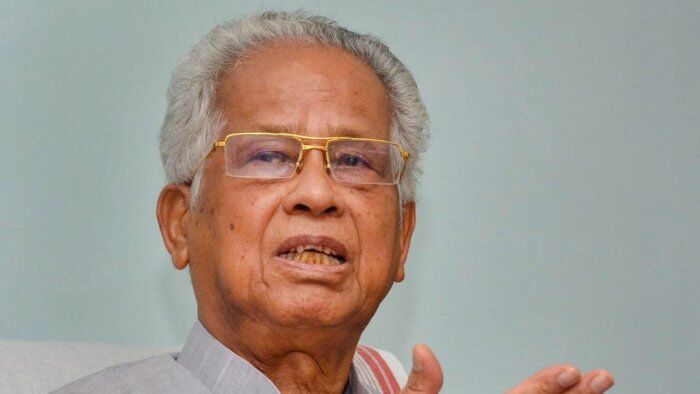Time to ponder

In the followup to Congress' dismal performance in the Bihar elections, senior Congress leader Kapil Sibal made public his thoughts regarding the current state and future of the grand old party of India. His words, part criticism and part introspection stirred up quite a controversy within the party as he once again called on the leaders of the Congress to recognise without ambiguity that the party had gone into decline. This is not the first time that Sibal's call for introspection by the party has run into significant opposition from his party. Earlier this year, significant controversy was stirred up by a letter by 23 so-called 'dissenters' which highlighted an 11 point agenda for significant reforms of the party. The letter was seen to be critical of the high command and thus the signatories were targeted in a CWC meeting later on. To quote the many commentators, this show of dissent ended up doing 'very little' besides marginalising its signatories. Indeed, if anything, such dissent only seems to have reinforced the zealous belief of party loyalists in the direction and leaders of Congress. It is unlikely that the more recent comments of Kapil Sibal will end up yielding the desired result for him this time around. But regardless of whether there is an acknowledgement of a decline within the party, the undisputed fact remains that Congress is indeed weaker as an organisation and as a political party than it has ever been before, with a vote share that is telling of this decline. As commentators state, the party has currently little in the way of bankable political alliances or even vote banks. Consequently, some have even gone so far as to ask if Congress even has a distinct identity as a party for voters to identify with. Much of the party's limited electoral popularity comes as a result of the popularity of individual leaders as opposed to a party agenda and narrative that voters can buy into. As a party with a long and elaborate history of the rule in India, the Congress has had many influential leaders and memorable personalities in its ranks whose presence has bolstered the party's standing.
It is in this context that the tragic and recent demise of party stalwarts Tarun Gogoi and Ahmed Patel is a matter of significant concern for the Congress. Veteran Congress politicians, it is hard to overstate the contributions of these two leaders to the continuation of the Congress. Patel, who recently held the post of party treasurer, was a long time political advisor to Sonia Gandhi. For the Gandhi family, he was a vital intermediary between them and the party as a whole. More recently, he was the glue that held together the party's various factions. Aside from the difficulty of replacing a veteran liaison like Patel, there is concern that Congress will now find it difficult to contain the recurring waves of dissent. Then there was the passing away of Tarun Gogoi, the longest-serving ex-CM of Assam who was renowned not just for his central position and influence in Assam politics but also because of his many bold statements regarding the policies of the ruling party. Up until his death as a result of complications after Covid recovery, Gogoi continued to campaign and work towards securing a victory for Congress in Assam in 2021. Now, it is unknown what will become of Gogoi's plans to assemble a grand anti-BJP alliance for next year's elections in the state. While there are indications that his son will take centre stage, iconic leaders like Tarun Gogoi are not that simple to replace, for Assam and Congress. As Congress once again works to elect a new president for its party to replace the ailing Sonia Gandhi, many questions remain unanswered for the grand old party. For one, it is quite difficult to assess whether absolute loyalty to a political dynasty has helped or harmed the party. Critics have noted that senior leadership has always been swift to insulate the ruling family from any criticism or electorate defeat. All the same, even the internal critics of the Congress are careful in asserting that what they wish for is reform and not revolution. As such, Rahul Gandhi is apparently in the lead for Congress President. Ultimately, a series of circumstances have led the Congress to a point where it must reassess its status, identity and future as the principal opposition party of India. In the absence of some of its senior voices of reason, this task is made all the more difficult.



